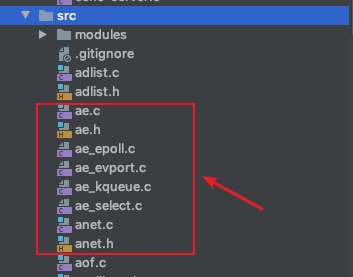python find_bigkey.py host 6379 [password]
import sys
import redis
def find_big_key_normal(db_host, db_port, db_password, db_num):
client = redis.StrictRedis(host=db_host, port=db_port, password=db_password, db=db_num)
i=0
temp = client.scan(cursor=i,count=1000)
j =0
while temp[0]>0 :
i=temp[0]
j=j+len(temp[1])
try:
r = client.pipeline(transaction=False)
for k in temp[1]:
r.debug_object(k)
tempA = r.execute()
x = 0
for key in tempA:
length = key.get("serializedlength")
##type = key.get("encoding")
if length > 10240 :
type = client.type(temp[1][x])
print temp[1][x], type,length
x=x+1
except :
print "a execption come"
temp = client.scan(cursor=i,count=1000)
if __name__ == '__main__':
if len(sys.argv) != 4:
print 'Usage: python ', sys.argv[0], ' host port password '
exit(1)
db_host = sys.argv[1]
db_port = sys.argv[2]
db_password = sys.argv[3]
r = redis.StrictRedis(host=db_host, port=int(db_port), password=db_password)
nodecount = 1
keyspace_info = r.info("keyspace")
for db in keyspace_info:
print 'check ', db, ' ', keyspace_info[db]
find_big_key_normal(db_host, db_port, db_password, db.replace("db", ""))
删除缓存key: EVAL "return redis.call('del', unpack(redis.call('keys', ARGV[1])))" 0 cpx_sn_
EVAL "local keys = redis.call('keys', ARGV[1]) \n for i=1,#keys,5000 do \n redis.call('del', unpack(keys, i, math.min(i+4999, #keys))) \n end \n return keys" 0 prefix:*
